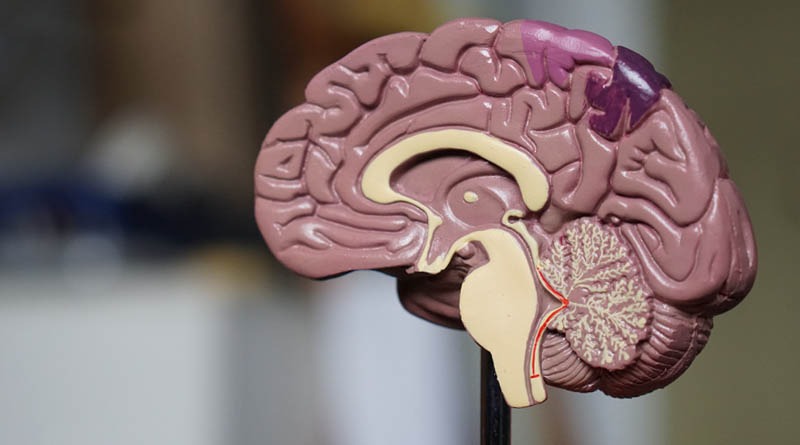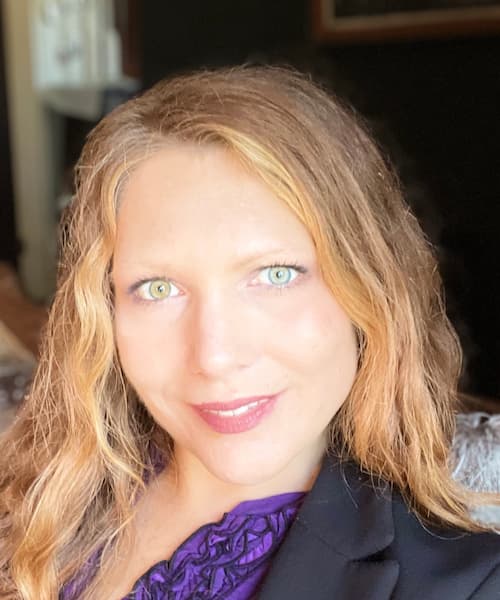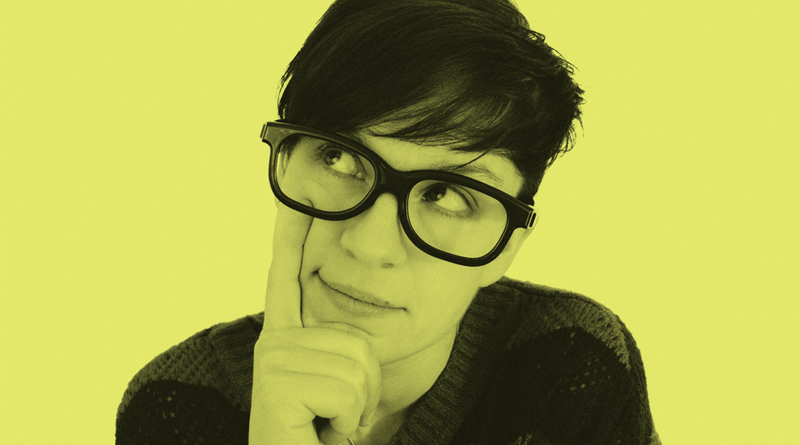
Brain Surgery & Neurodiversity: The Beginning of My Journey
By Christine Kujawski
An Introduction
My name is Christine Kujawski and I’m neurodiverse. My story began just like the story of so many others, but it was apparent by the time I was beginning college that something was different. My entire path and outlook changed. I went from a barely 3.0 student to a 4.0 student excelling in everything I did. People were taking notice, including my professors. I had college professors who were retiring tell me I received the highest average they’d ever had a student achieve. “You have the most beautiful accent… if only you’d apply yourself.” I was applying myself though, as much as I could. Once upon a time it was hard for me to focus. I spent more time socializing than I did thinking about my studies because academics were hard for me. I couldn’t get through a single page of a book without rereading it at least three times. Now I multi-task in a way that’s never been seen… or so I’ve been told.
The Diagnosis
By the time I was married and having children, I’d accomplished many goals. When I was pregnant with baby number two, however, I began having sudden vision changes. Three short days later I was in the hospital and being diagnosed with what was thought to be a slow growing brain tumor. I was 5 months pregnant with my daughter and had a 4-year-old son at home. I was the breadwinner for my family and a leader in my community. I was a mentor and an advocate. I did it for my brother. Funny how things turn out. Who knew I’d have some very personal reasons down the road?
At 8 months pregnant, it was just about time for my daughter to be delivered. I was put under for her delivery because the pressure changes would be too dangerous otherwise. I had to sacrifice. I was asleep for her birth, but held her soon after and held her again so closely for the next 11 weeks before my scheduled craniotomy. I stared at her beautiful face- those deep blue eyes and rosy cheeks set against the backdrop of her porcelain skin… She looked like a doll.
It was expected that I’d recover quickly, despite the tumor being in the middle of my brain. I was told I’d go home from the hospital just a handful of days later. That’s not what happened though. My whole life changed in that moment.
The Surgery
Halfway through surgery my neurosurgeon walked out to talk with my family. “We never could’ve seen this from the scans. On the far anterior side it’s starting to spread and we don’t think it’s a slow growing tumor. We think it’s an aggressive tumor and I have to be aggressive to save her life. That’s what she would want me to do. I don’t know what’s going to happen when she wakes up.” My family was warned, but not I. I was sound asleep when that decision was made.
I opened my eyes after surgery, but all I experienced was darkness. It felt like the great abyss of my mind meeting the fear of my reality. It’s the kind of darkness that isn’t associated with a lack of light or the temporary absence of color. There was nothing. I was blind.
I was confused because I couldn’t see. I couldn’t feel anything on my left side as well. I couldn’t move anything on my left side. My body didn’t respond to the usual commands. I sent the signals, or so I thought, but where did they go? When there’s no receiver, it feels different. When those signals have no end point, it’s like the feeling of taking a step without realizing your leg has fallen asleep, but to the nth degree. It’s not the same.
I couldn’t see my children or even stay upright in my bed. I had to be strapped into my hospital bed so I wouldn’t roll off onto the floor. If you can’t feel the bed under you, you can’t determine where you are in space. I’ll tell you firsthand that thinking you’re safe and landing on a cold, hard hospital room floor face first isn’t glamorous. I felt that… on my right side only of course. I knew my left side was hurt though and that’ll really mess with your head. “I’m pretty sure I’m not ok. I think. Maybe.”
“You’ll never walk again… There’s been a complete sever. The pathway is gone. We can’t stimulate or detect any signals. I’m sorry.” You’re sorry!? Sorry? Now what? I felt badly for myself long enough to have a good cry and then I decided I was going to change the world. That was it! I wasn’t looking back.
Recovery
I love neuroscience. I love the brain. I know neuroscience and the brain, my brain. I decided I wasn’t going to let this be the end of my story. I intentionally rerouted those neural signals myself and was already walking with a single point cane just 6 days later! I remember doctors and researchers running into my hospital room when I got those first twitches. It was pretty cool watching the tip of my finger bend and my ankle move a little. “Please sign this consent….” Everybody wanted to know how I did it. I went on to set l numerous records. I now have nearly all of my vision and sensation back, even making gains years later like never done before!
My story doesn’t stop there. A little at-a-time though as I’m only now becoming comfortable enough and ready to talk. It’s been a whirlwind. I’ll tell you this though: My brain no longer looks or functions like anyone else’s in the world. Imagine that! So much is possible.
I love music like many other neurodiverse people. I love life. I love what I do for a living. I love helping others. I love my family and am determined to do this for them… and for me. I promise I WILL make a difference and be a game changer. This is my story and I’m ready to tell it.
To be continued…

My name is Christine Kujawski and I’m neurodiverse. I’ve survived and overcome a brain tumor, paralysis, blindness, a record setting coma, and more. I work as a speech-language pathologist, mentor, advocate, and will be finishing my doctorate related to language and music. My brain now works in unusual ways and I’m living proof anything is possible. I believe neurodiversity is like a super power that has yet to be fully tapped. My goal is to make the world a better place where differences are what makes us the same and where diversity drives positive change.




